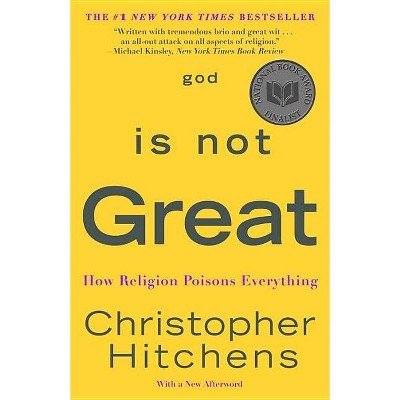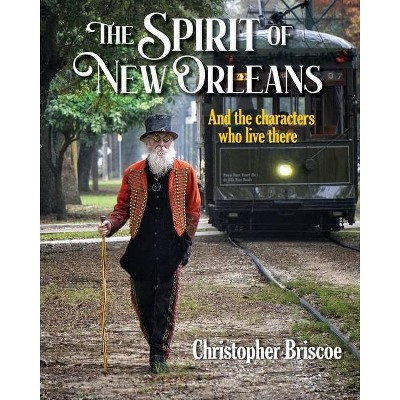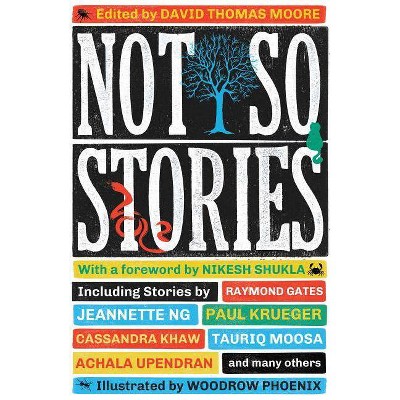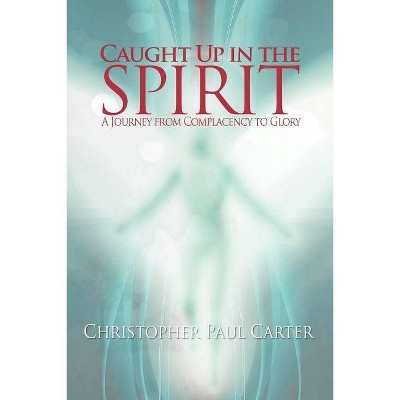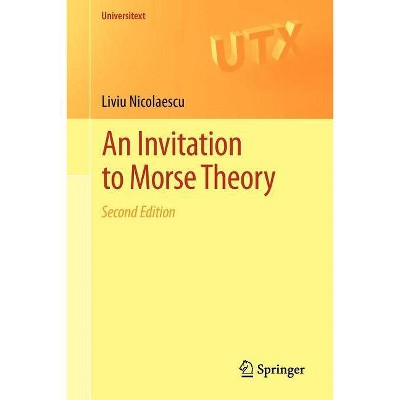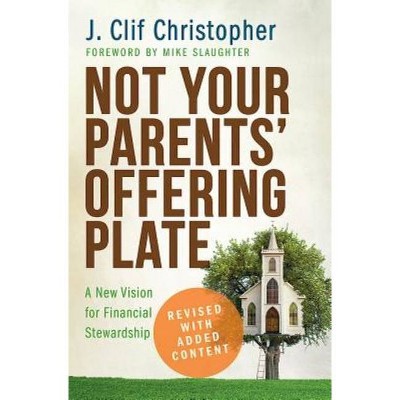Not Every Spirit - 2nd Edition by Christopher Morse (Paperback)
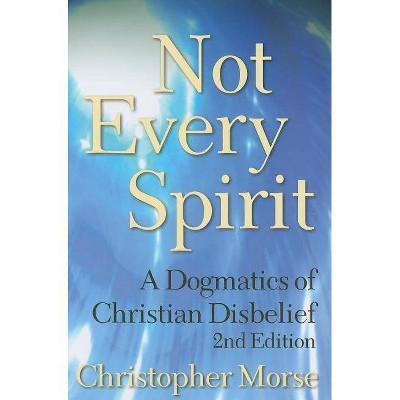
Similar Products
Products of same category from the store
AllProduct info
<p/><br></br><p><b> About the Book </b></p></br></br>Not Every Spirit explores the notion of Christian faith as disbelief and how the task of "testing the spirits" develops and comes to be understood within Christianity as a theological discipline called dogmatics. It also focuses on uncovering disbeliefs of the Christian faith concerning the Word of God, the being of God, Jesus Christ, the Holy Spirit, creation, salvation, humanity, the church, and the life to come. This book is a fresh and timely dogmatic text that will take its place as a standard work on Christian teachings.<p/><br></br><p><b> Book Synopsis </b></p></br></br>To believe in God is not to believe everything. To trust everything without awareness of what is untrustworthy is not genuine faith in God. In a biblical understanding of faith in God, then, what is the role of the call not to believe every spirit? What disbeliefs does faithfulness require? Are there some things that Christian faith refuses to believe? If so, how do we come to recognize what they are? "The presence of faithful disbelief in the church," Professor Morse suggests, "gives the church's teaching and practice its timeliness in every cultural situation." Part One of his book therefore explores the notion of Christian faith as disbelief and how the task of "testing the spirits" develops and comes to be understood within Christianity as a theological discipline called dogmatics. Part two focuses on uncovering disbeliefs of the Christian faith concerning the Word of God, the being of God, Jesus Christ, the Holy Spirit, creation, salvation, humanity, the church, and the life to come. Here, then, is a fresh and timely dogmatic text that will take its place as a standard work on Christian teachings. "Professor Morse's meticulous scholarship in this book convinces Christians to examine not only what they believe but also to give attention to what they are called to disbelieve. In today's world of turmoil, distrust, and violence, Morse's work challenges Christians to reflect seriously on what they are to believe and what they are to do." -Delores S. Williams, Union Seminary, NY Christopher Morse holds the Dietrich Bonhoeffer Chair in Theology and Ethics at Union Seminary, New York, and is the author of The Logic of Promise in Moltmann's Theology.<p/><br></br><p><b> Review Quotes </b></p></br></br><br>An important book.<br/>Theologische Literaturzeitung (Bloomsbury translation)<br><br>I would recommend Morse to students who have no doubts about their faith and to students whose faith is constituted by their objections to it.<br/>Religious Studies Review<br><br>Professor Morse's meticulous scholarship in this book convinces Christians to examine not only what they believe but also to give attention to what they are called to disbelieve. In today's world of turmoil, distrust, and violence, Morse's work challenges Christians to reflect seriously on what they are to believe and what they are to do.<br><p/><br></br><p><b> About the Author </b></p></br></br>Christopher Morse holds the Dietrich Bonhoeffer Chair in Theology and Ethics at Union Seminary, New York, and is the author of The Logic of Promise in Moltmann's Theology.
Price History
Price Archive shows prices from various stores, lets you see history and find the cheapest. There is no actual sale on the website. For all support, inquiry and suggestion messagescommunication@pricearchive.us

